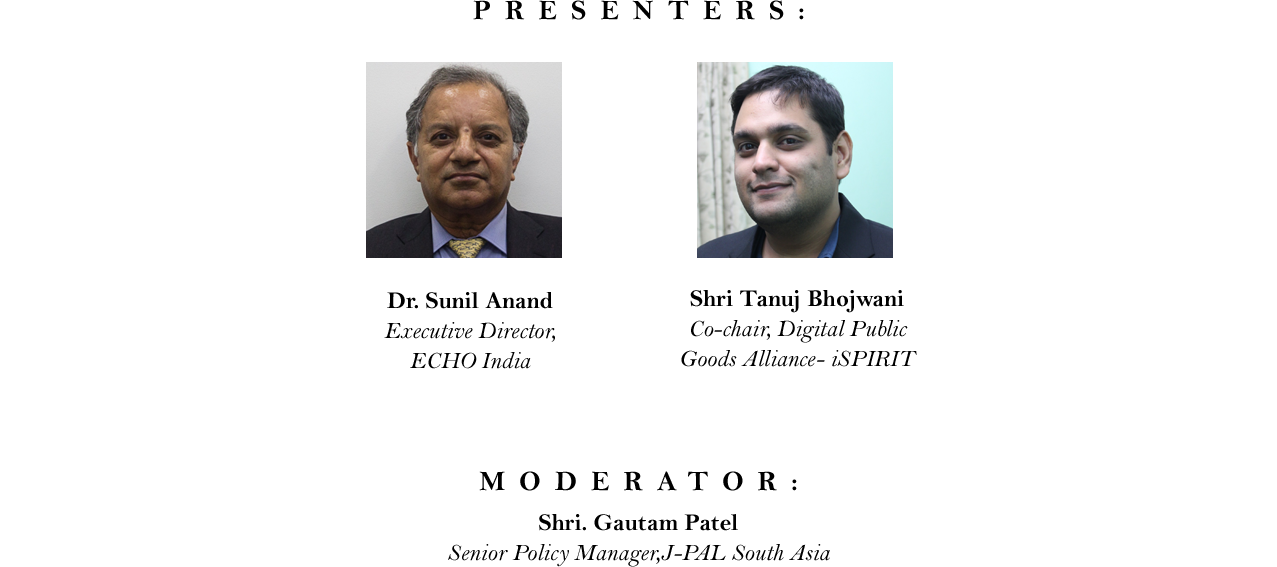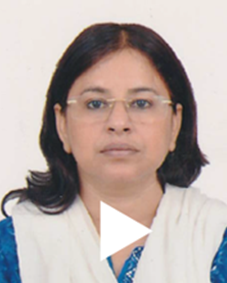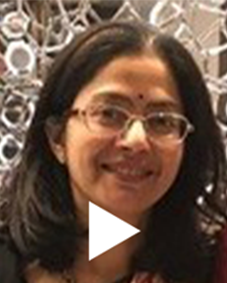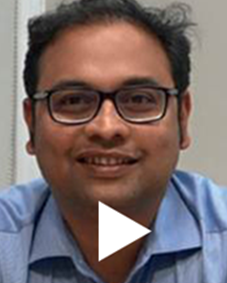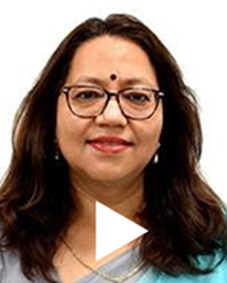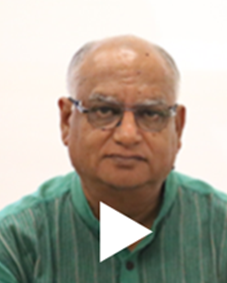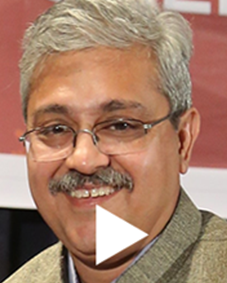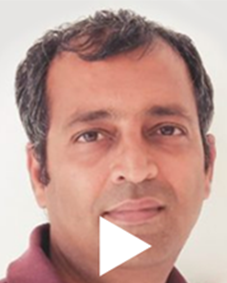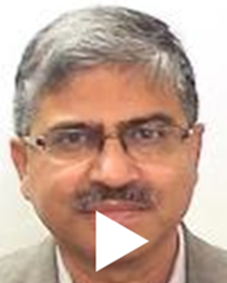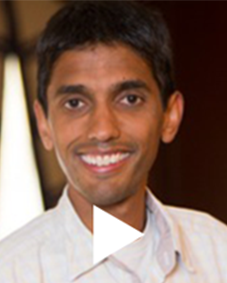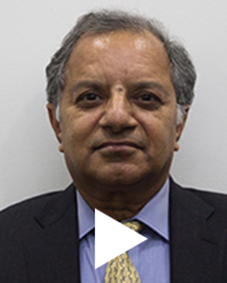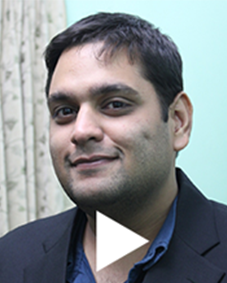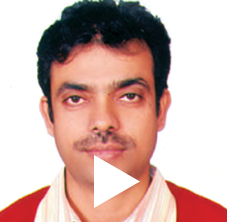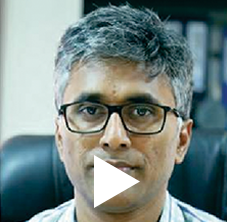Session 1: Empowering Community Institutions to Drive Scale-up Supports for the
Ultra-Poor
For nearly 15 years, JEEViKA has invested in establishing, nurturing
and increasing
the independence and
empowerment of community institutions, now covering 10,00,000 self-help groups. The
role of community
institutions in developing and establishing livelihood strategy and outcome in
poverty alleviation is well
established. This model of collective action and pooling resources as well as social
commitment has
established relationships that enable people to pursue objectives and act in concert
for common benefit. In
the context of SJY, community institutions, mainly the Village Organisations (VOs),
have a structure role in
project implementation. With the advantage of local presence, the VOs endorse the
final selection of ultra-
poor households, advice on enterprise Selection and micro planning, and have
oversight of the transfer of
productive assets, and are responsible for overall monitoring and care for the
enterprise development. The
SJY system, as a crucial part of ground-level linkage includes a total of 60,998VOs
having 10,00,856 SHGs are
engaged in the building social capital. The SJY programme was initiated as a
centre-to-ground managed
project, over time we aim to transform this management dynamic by empowering the
ground-level
community institutions to take ownership for the local success of the programme, and
increase their
responsiveness to needs of the poorest in their community. In the next phase of work
we will strengthen the
internal functioning of community institutions (governance, leadership, and
management), and map out how
the community institutions can build market linkages to support the microenterprise
efforts. An untapped
pathway is for community institutions to design and establish livelihood clusters,
and have a role in setting
up production and market linkages. We see a tremendous power in transferring how the
SJY programme is
run from the senior management of JEEViKA to a community owned
model to drive
livelihoods and
empowerment.
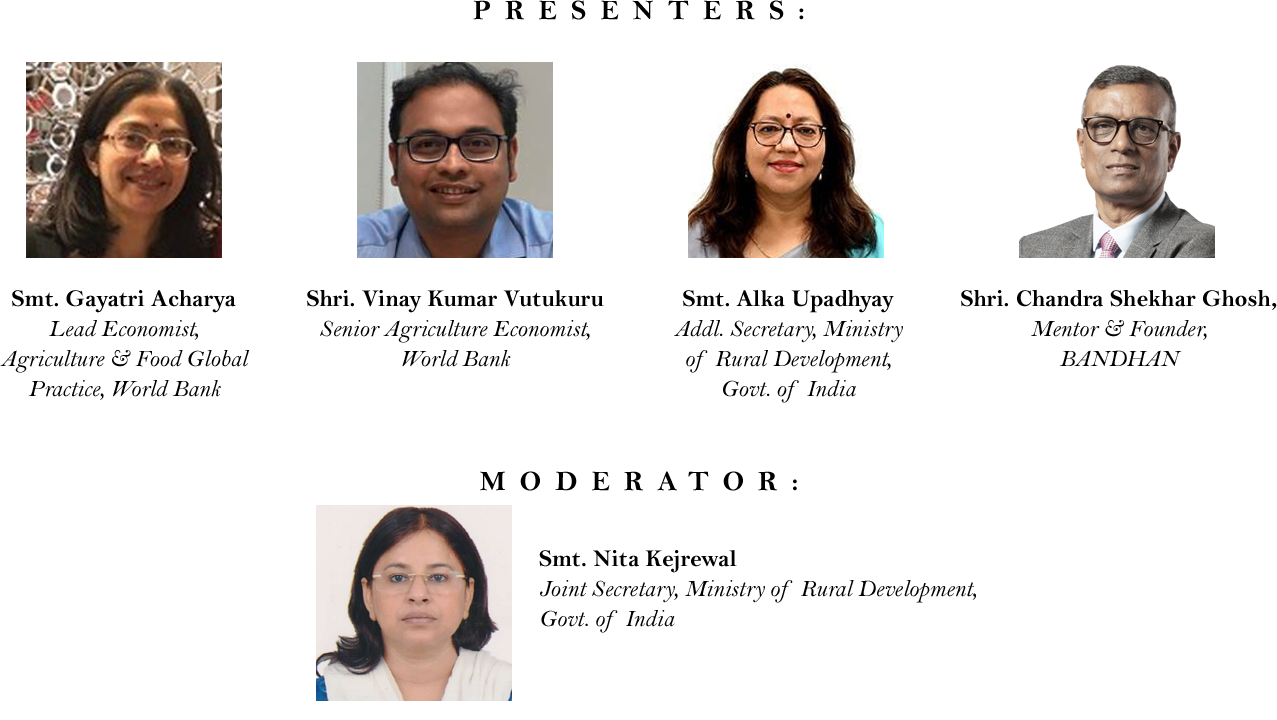
Session 2: Developing Livelihoods Assistance Packages Appropriate and Diverse for
the
Ultra-Poor
The livelihoods approach is the main driver for income enhancement of the
ultra-poor, through giving
productive assets, entrepreneurship skills, and building around them supports to
succeed. By August 2020,
over 40,000 households had received productive assets, around 74 percent selected
retail, 25 percent
selected livestock, and one percent selected agriculture. We would like to move from
a centrally managed
narrow set of livelihood options, to empowering the local teams with the right
expertise to creatively and
carefully select livelihoods options that will work for the programme participant
and their local market. The
local self-help group is an important unit for local advisory support and for
involvement in saving and credit
activities, and key to integrating ultra-poor with mainstream financial services.
The JEEViKA community
institutions also offer a structure to move from individual enterprise to
group-enterprise options, to widen
the opportunities beyond the smallest businesses in a village, to larger and perhaps
more sustainable
livelihoods options. This will need a different outlook, and a better assessment of
local markets and
resources to initiate and enable group-enterprise options. Diversification of
livelihood options relies in local
availability of resources, finances and markets, bringing in expert teams for
localised solutions should open
more nuanced options based on local advantages. In addition to livelihoods options,
we want the SJY system
to build an in-house expertise, at least at the district level to have a local
knowledge base and ability to
catalyse entrepreneurship through business management, risk management and growth
strategies
appropriate for the local market.
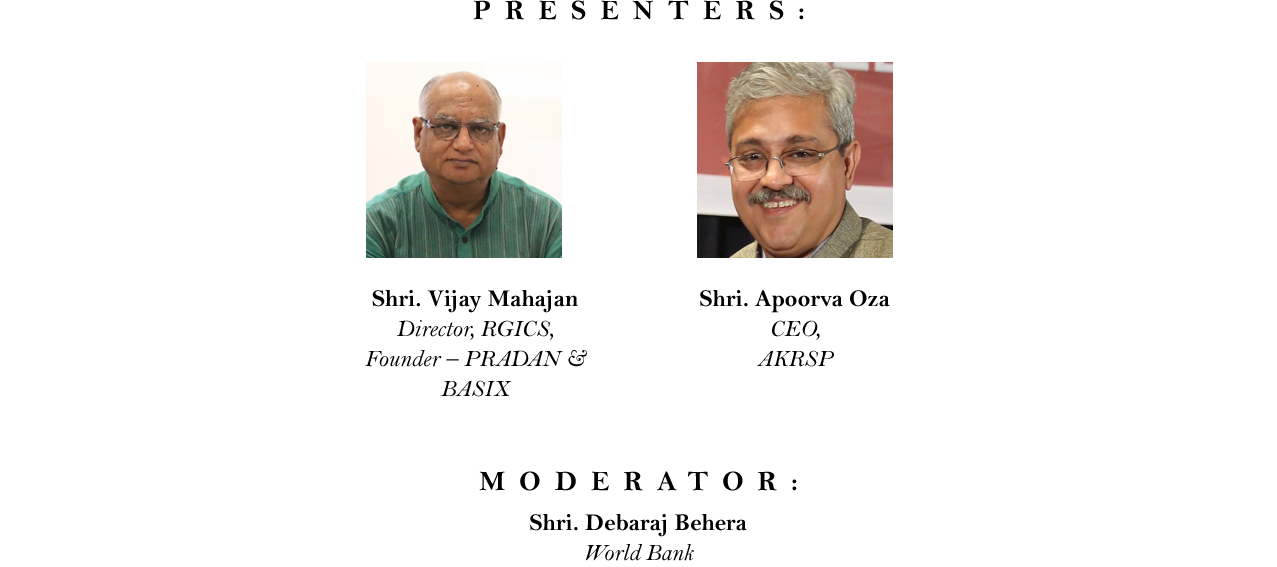
Session 3: Empowering the Workforce for a Scale-up: Data Use for Decision-Making
JEEViKA with Bizfram has developed an MIS with a phone-based App
for data collection
by the frontline
workers. In addition to the programme data collected by JEEViKA
through the MIS, and
J-PAL South Asia
have collected deeper slices of data through the ongoing process evaluation that
has
studied segments of
the implementation. There is scope for systematic presentation, interrogation
and
use of data analytics,
especially with relevance at the various layers within the SJY team. The data
analytics useful at the block
level, district level, and state level need to be readily available in a timely
manner to inform operational
decisions, and longer term trend data needs to be available to inform strategy
decisions. The system requires
both the setup for timely data collection, relevant analysis and visual
presentation, but just as importantly
we need to embed a culture of engaging with data to inform decision-making at
all
levels. At a system level
JEEViKA may need a team of data analysts at state level, and
the nodal managers to
be orientated regularly
on data use at the district level. Use and interpretation of data is dynamic,
and
hence a fixed format will not
be as useful as a team that can respond to data analysis needs for local and
changing situations across the
state. The data analytics team, with close work with managers could ensure the
right
data is in reach at the
right time, and ensure data conversations throughout the team.

Session 4: Data Analytics and Knowledge as a Driver for Systems Improvement
The dedicated team for SJY includes project staff at block,
district and state
level, over 4,000 Community
Resource Persons (CRP) were deployed, and around 2500 Master Resource Persons
(MRP)
were selected to
provide household level services and coaching to 101,511 Ultra-Poor Households
currently engaged in the
programme. The training team has been established to manage the capacity
building
needs of this large
team, and JEEViKA has partnered with Bandhan Konnagar for
senior expert trainers and
block level and
district-level resource persons for field-based coaching and handholding support
services. The expanse of
the team geography, and the current COVID-19 situation, all call for innovation
in
capacity building for the
SJY team. Digital infrastructure can empower the workforce with a greater access
to
technical knowledge
and problem-solving, than in-classroom training, and can provide direct supports
to
the team to execute
their tasks. There is a scope for developing an online set of tools that the SJY
team can access through a
smartphone or tablet, so they can access video-clips, guidance notes and process
checklists. A virtual
classroom and online repository can be a driver for quality standards for large
scale implementation. Setting
up a digital store of relevant implementation and training resources will
provide
the SJY workforce with
quality support and procedural standards, and will empower this team to draw on
supports as and when
they need it, and not limited to the schedule of in-person training.
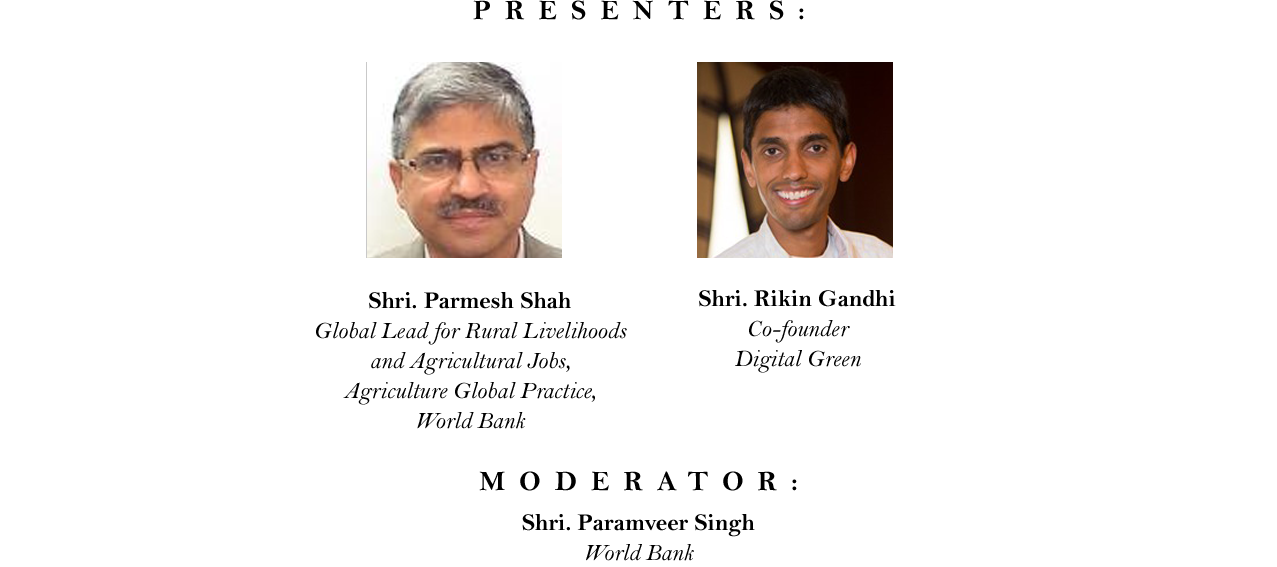
Session 5: Digital Infrastructure for Frontline Workers to Access Quality
Support and Training
JEEViKA has been implementing the graduation approach, with
support from Bandhan
Konnagar and J-PAL
South Asia, since 2017, initially on as a pilot in two sub-districts. The
initial
years were for the JEEViKA team
to learn, and in 2019 the Co-Impact systems strengthening grant was used to set
up a
Project Management
Unit, and expand the technical assistance resource and support. Now, in the
third
year of implementation,
JEEViKA’s has internalised implementation expertise and built
up its own management
system, including the
ownership by the Village Organisation community institutions, and the
development of
a mobile phone App-
based MIS. Over the next two years, JEEViKA would like to
develop not just expertise
for internal operations,
but be a knowledge resource for other state governments and organisations in
India,
and in the region. For
this JEEViKA will need to prepare an expanded team of master
trainers with the
bandwidth to engage with
external partners, and will need to complete high-quality documentation and
knowledge products in an
online repository of information that is relevant to governments interested in
implementing the graduation
approach.
